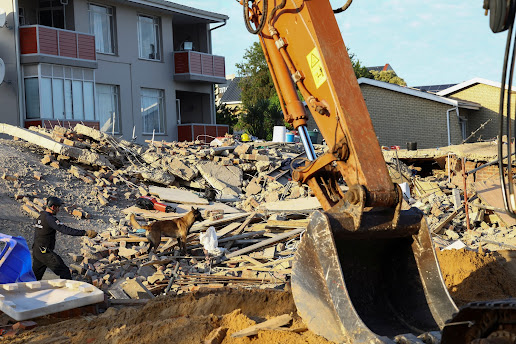The Northwest Region of Cameroon finds itself at the heart of a tense situation, where a seemingly mundane issue of taxi colors has become a flashpoint in the ongoing Anglophone Crisis. Separatist fighters have issued a decree demanding all taxis in the region be repainted blue and white, their adopted colors.
This move, endorsed by some diaspora leaders like Ayaba Cho, has deeply divided opinions. While some see it as a symbolic act of defiance against the Cameroonian government, others fear it places innocent civilians at further risk.
The ramifications of this decree are already being felt on the ground. Taxis that fail to comply are being targeted and burned, creating an atmosphere of fear and intimidation. This has pushed the already strained relationship between the separatists and the local population to a breaking point. Many residents rely on taxis for transportation and their livelihoods, and these attacks are causing economic hardship and disrupting daily life.
The potential for further escalation is high. The Cameroonian military has a strong presence in the Northwest Region and is unlikely to tolerate this blatant challenge to its authority. Clashes between the military and separatist fighters have become a tragic norm in the region, and this new development could lead to a surge in violence. The number of military casualties has already been on the rise in recent months, and further conflict will only add to the human cost of this crisis.
The motivations behind the separatists' decree are complex. On one hand, it can be seen as an attempt to establish control over territory and project an image of a functioning, independent state. The chosen colors, blue and white, hold symbolic weight for the Anglophone movement, representing their aspirations for a separate nation called Ambazonia.
However, critics argue that this move is reckless and endangers civilians. They point out that the vast majority of taxi drivers are simply trying to make a living and have no desire to be caught in the crossfire of the conflict. The burning of taxis not only destroys people's property but also makes it more difficult for ordinary citizens to go about their daily lives.
Furthermore, some diaspora leaders have voiced their disapproval of the decree. They argue that such tactics alienate the very population whose support the separatists need to achieve their goals. They advocate for a more nuanced approach that prioritizes the safety and well-being of civilians caught in the middle of the crisis.
The taxi color dispute is a microcosm of the larger Anglophone Crisis. It highlights the deep-seated frustrations of the English-speaking population who feel marginalized by the French-dominated government. However, it also exposes the challenges faced by the separatist movement in its quest for independence. Striking a balance between asserting their authority and protecting civilians is crucial for the movement's long-term legitimacy and success.
The international community has a critical role to play in brokering peace in Cameroon. Pressuring the Cameroonian government to address the grievances of the Anglophone population is essential to de-escalate the situation. Additionally, supporting initiatives that promote dialogue and reconciliation between the different factions is vital to finding a lasting solution to this complex conflict.
The future of the Northwest Region remains uncertain. The taxi color dispute serves as a stark reminder of the fragility of the peace and the potential for further violence.
.jpeg)




.jpeg)


















